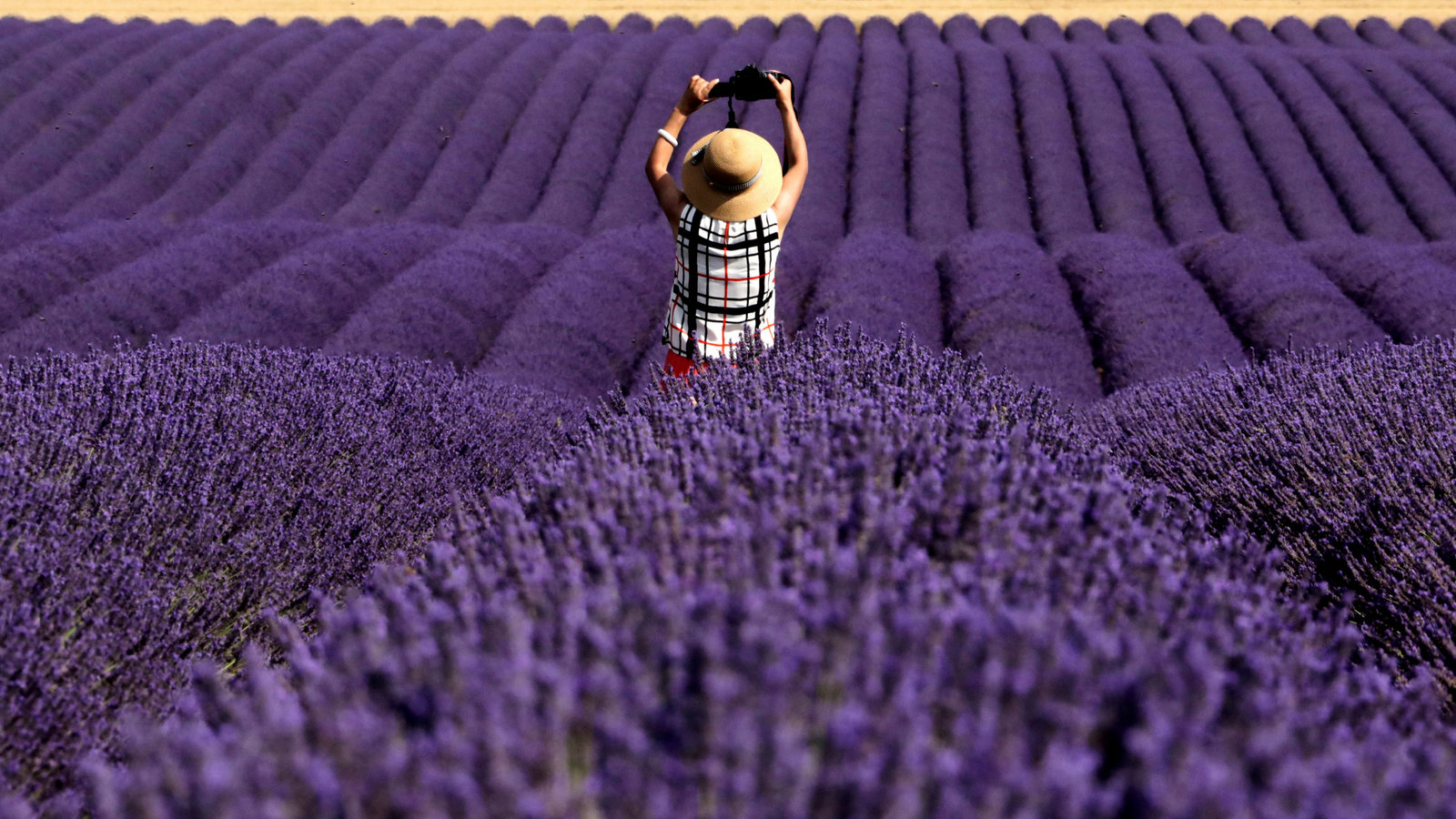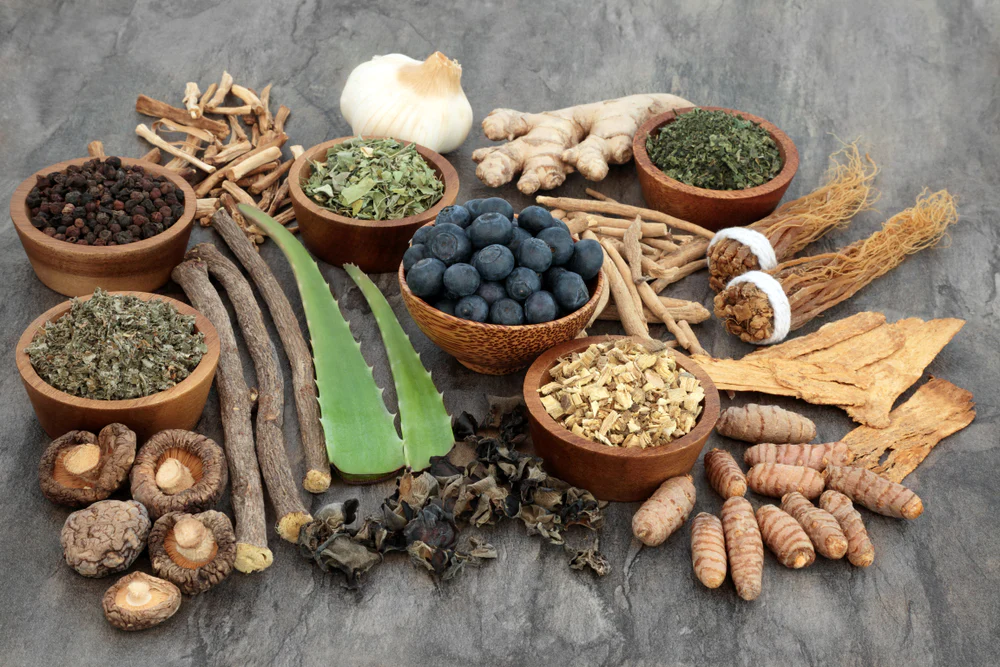Lavender, with its soothing hue and enchanting aroma, has long been a symbol of tranquility and serenity. But beyond its aesthetic appeal lies a world of scientific intrigue that reveals the depths of its calming capabilities. This article delves into the research that unpacks the mysteries of lavender’s relaxing powers, highlighting how it impacts our senses, our brains, and ultimately, our state of mind.
A Fragrant Journey Through History
Historically, cultures around the world have leveraged lavender’s calming effects, incorporating it into rituals, medicines, and daily life for centuries. Today, science steps in to demystify the folklore, providing evidence that supports lavender’s longstanding reputation as a natural relaxant.
The Essence of Relaxation: Lavender Oil
Central to understanding lavender’s calming effect is its oil, extracted from the plant’s flowers. Lavender oil contains compounds like linalool and linalyl acetate, which researchers have identified as the primary agents of relaxation. When inhaled or applied to the skin, these compounds interact with the olfactory system and can penetrate the skin to enter the bloodstream, initiating a series of physiological reactions that promote relaxation.
How Lavender Works Its Magic
Lavender’s scent plays a pivotal role in its soothing effects. Inhalation of lavender oil vapor has been shown to lower heart rate, reduce blood pressure, and decrease cortisol levels, a hormone associated with stress. Moreover, it’s not just the physical effects that matter; lavender also works on a psychological level, enhancing mood and reducing anxiety.
Engaging the Brain
Research using EEG (electroencephalogram) technology reveals that lavender increases alpha and theta brain waves, associated with relaxation and lighter stages of sleep, respectively. This neurological activity suggests that lavender can promote mental calmness and readiness for sleep.
The Clinical Evidence
A wealth of clinical trials buttresses the anecdotal evidence of lavender’s relaxing properties. One landmark study found that patients exposed to lavender scent before surgery experienced significantly less anxiety compared to those who did not. Another investigation showed that lavender oil capsules were as effective as low-dose benzodiazepines, a common prescription for anxiety, in treating generalized anxiety disorder, but without the side effects.
Lavender in Daily Life
Incorporating lavender into daily routines can offer a simple yet effective way to harness its relaxing powers. Whether through aromatherapy, personal care products, or even culinary uses, lavender can provide a gentle nudge towards relaxation and better sleep.
A Word of Caution
While lavender is generally considered safe, it’s important to use it responsibly, especially when it comes to essential oils. High concentrations can cause skin irritation or allergic reactions in some individuals. Always dilute essential oils and conduct a patch test before widespread use.
The Future of Lavender Research
As interest in natural remedies grows, so does scientific curiosity about lavender. Future studies aim to further elucidate the mechanisms behind its calming effects, explore its therapeutic potential in mental health treatment, and optimize its application in clinical settings.
Embracing Nature’s Calm
Lavender, with its gentle power to soothe the mind and body, stands as a testament to nature’s capacity to enhance human well-being. Its story, woven through history and validated by science, offers a compelling case for embracing natural remedies in our quest for relaxation and peace.
In conclusion, the research surrounding lavender’s relaxing powers offers a fascinating glimpse into the intersection of natural remedies and scientific validation. As we continue to explore and understand the mechanisms behind its calming effects, lavender remains a beacon of tranquility, inviting us to incorporate its gentle essence into our lives for a more serene and balanced existence.




